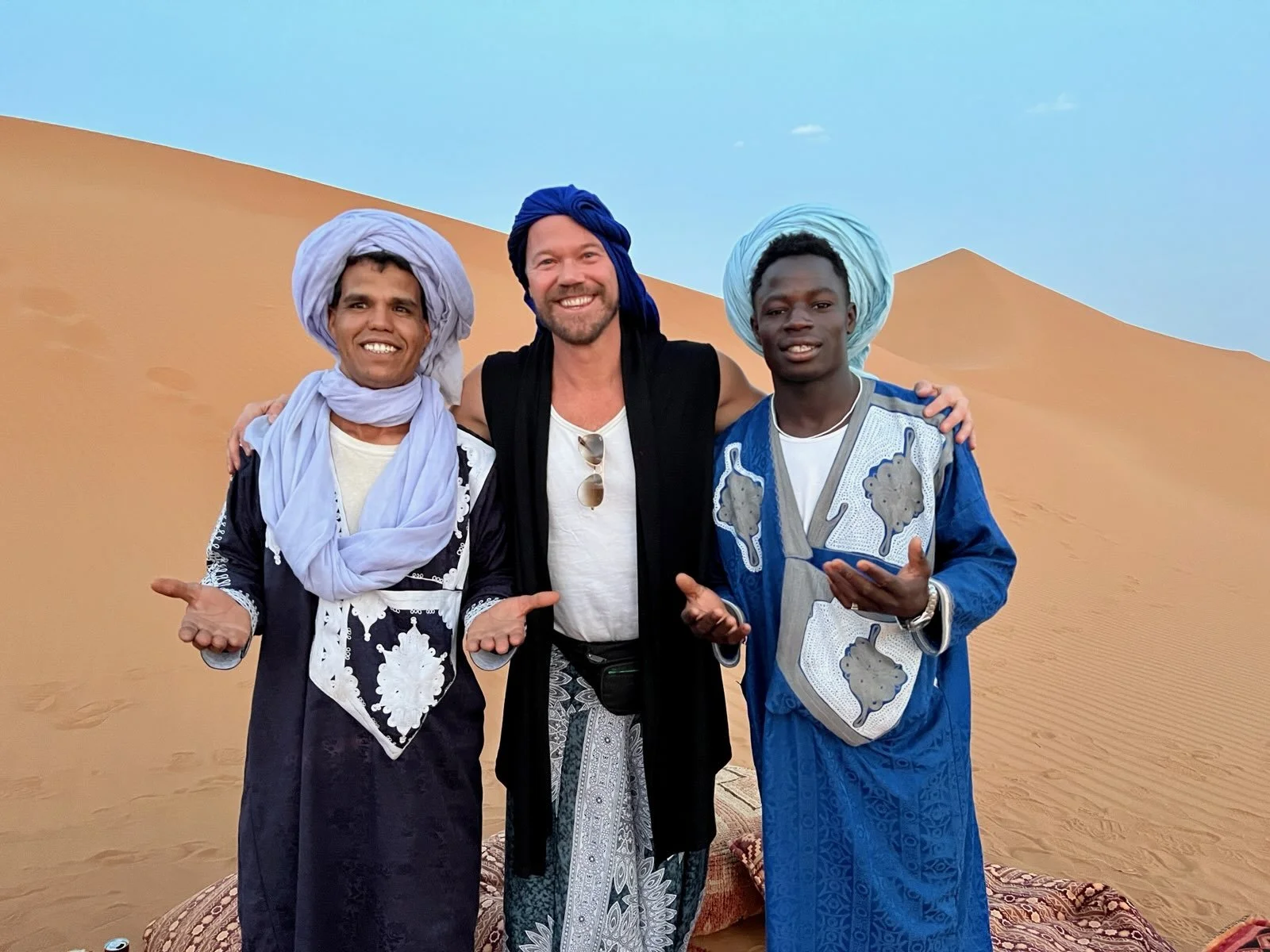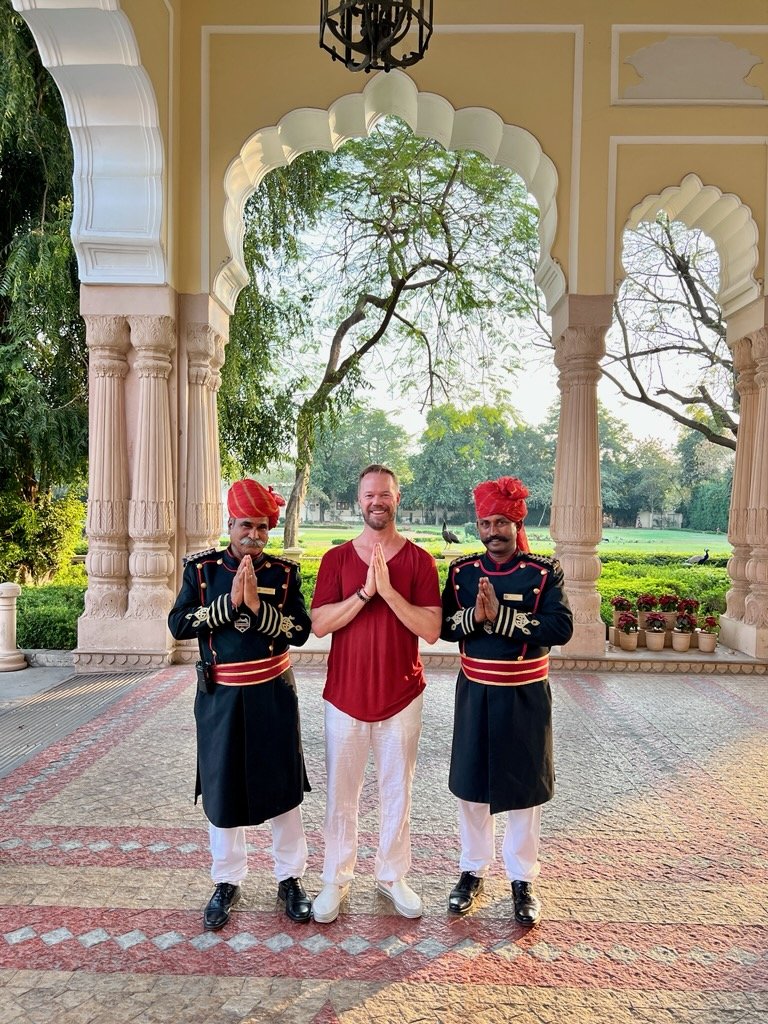For many of us, traveling creates the most eye-opening experiences of our lives. While we journey through different countries, we discover many things about the world and the people who inhabit it. One aspect of society that has been challenged by travel is racism. As we visit different places and learn about the history of different cultures, we often discover that our preconceived notions of how societies operated are incorrect.
One of the most powerful ways that travel can challenge our beliefs about racism is by allowing us to see and experience the world from different perspectives. When we visit countries that have a different cultural background than our own, we have the opportunity to understand how their society operates and what their beliefs are. This can be especially illuminating when we visit countries that have a diverse population. For instance, when visiting Brazil, we can see people from many different racial backgrounds coexisting in a harmonious way, which challenges our notions about how racial tensions operate. When visiting a place like South Africa, we can come to understand the impact that apartheid had on the country, and how people there are working to overcome it.
One thing that travel can teach us is that racism is not just a problem in the present day, but it has a long history and lasting effects. Traveling to places that have experienced different forms of oppression can show us the legacy of racism in those societies. For example, in the United States, we can visit places like the National Underground Railroad Freedom Center and learn about the history of slavery in America. We can also visit African American museums and learn about the challenges that Black Americans have faced throughout history. These experiences can challenge our assumptions about the prevalence of racism in our society and help us understand how it has been perpetuated.
Another way that travel can challenge our beliefs about racism is by showing us how societies are working to overcome it. Many countries have taken concrete steps toward reducing racial tension, and we can see the effect of this in many different ways. For example, in Germany, we can learn about the country's efforts to reconcile with the Holocaust and support minority communities. In South America, we can see how countries like Brazil and Colombia are working towards a more inclusive society by supporting affirmative action policies and promoting multiculturalism.
Traveling can challenge our beliefs about racism in many different ways. By seeing the world from different perspectives, understanding the legacy of racism, and exploring the efforts against it, we can learn to be more informed and compassionate towards those that have been, and continue to be affected by racism. When we travel, it is important to approach the world with an open mind and be receptive to learning about the different cultures and ideas that exist in our world. By doing so, we can help build a more inclusive and just society for everyone.
Travel can give you the following powerful tools for breaking down racism and promoting cultural understanding.
1. Exposure to new cultures: When we travel to different countries and communities, we are exposed to new ideas, customs, and ways of life. This exposure can help us break down stereotypes and prejudices, and challenge our preconceived notions about people from different backgrounds.
2. Personal interactions: Travel gives us the opportunity to interact with people from different cultures on a personal level. When we have conversations with locals, share meals, and participate in activities together, we get to see them as individuals rather than as representatives of a particular group.
3. Humanization: When we travel, we get to see the humanity in people from different cultures. We see how they love, laugh, and experience joy and sadness, just like we do. This humanization can help us to break down barriers and create empathy and understanding for people who may look or think differently from us.
4. Shared experiences: Travel provides us with shared experiences that bridge cultural divides. When we visit popular tourist destinations, participate in local festivals, or take part in cultural activities, we are able to connect with people and create bonds based on common experiences.
5. Historical Perspectives: As we learn the histories of destinations we are visiting, we gain a greater perspective of the myriad of things that can lead to racism and discrimination. Often we see that racial divides were created, enforced, and perpetuated by ruling entities as a means of control.
Ultimately, travel can help us to destroy racism by breaking down stereotypes, promoting cultural understanding, and creating empathy and connections between people from different backgrounds. By experiencing the world firsthand, we can expand our perspectives and become more knowledgeable and accepting of the many different cultures and people that share our planet.




